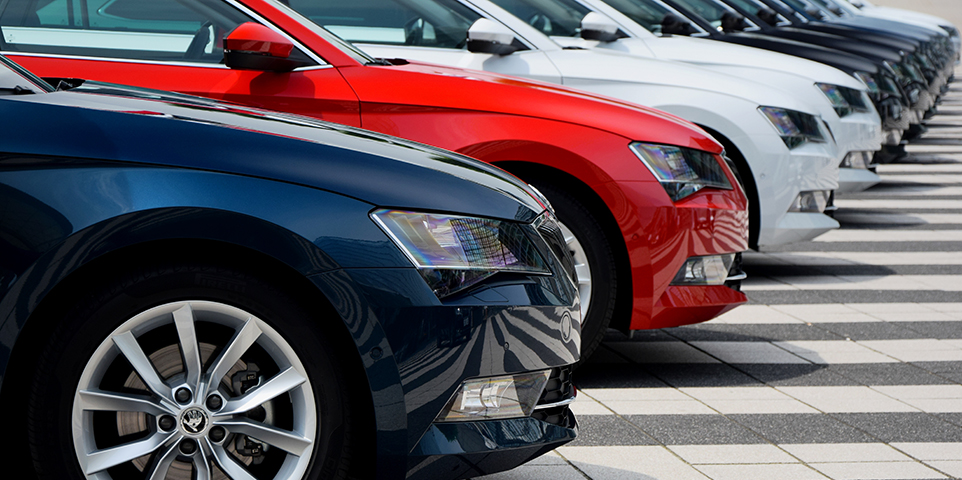MEMBERSHIP
AMPLIFY
EN ESPAÑOL
Connect With Us
- Popular search terms
- Automobile
- Home + Renters
- Claims
- Fraud
- Hurricane
- Popular Topics
- Automobile
- Home + Renters
- The Basics
- Disaster + Preparation
- Life Insurance

If you lease a car, you'll still need to purchase your own state-mandated basic auto insurance—and you'll very likely need additional coverages:
The bank, leasing company or other entity that is financing your leased car has a monetary stake in the vehicle. They’ll want to make sure there are sufficient funds available to repair the car in the case of an accident. For that reason, you'll need to buy:
After a new car comes off the lot, its value depreciates quickly. If your leased car is damaged beyond repair or totaled in an accident, there likely will be a difference between the amount that you still owe the auto dealer and the check you'll get from your insurance company for your depreciated car. The difference between the two amounts is known as the "gap."
On a leased car, the cost of gap insurance is generally rolled into the lease payments. Generally, the auto dealer buys a master policy from an insurance company to cover all the cars it leases and charges you for a "gap waiver." This means that if your leased car is totaled, you won't have to pay the dealer the gap amount. Check with the auto dealer when leasing your car for specifics that apply to your leasing contract.
Next steps: Learn how to determine your car's value and the cost of repair.